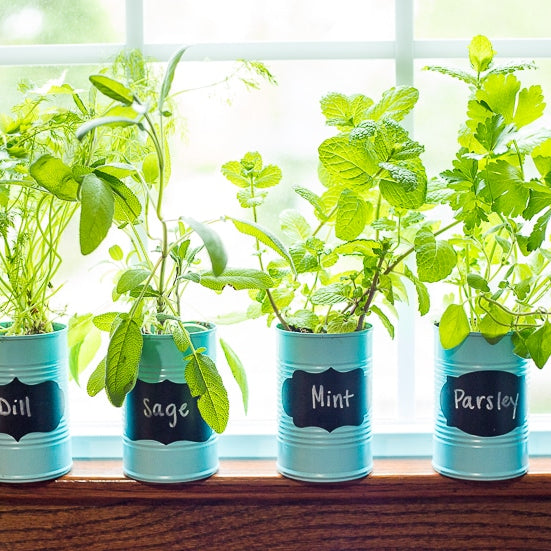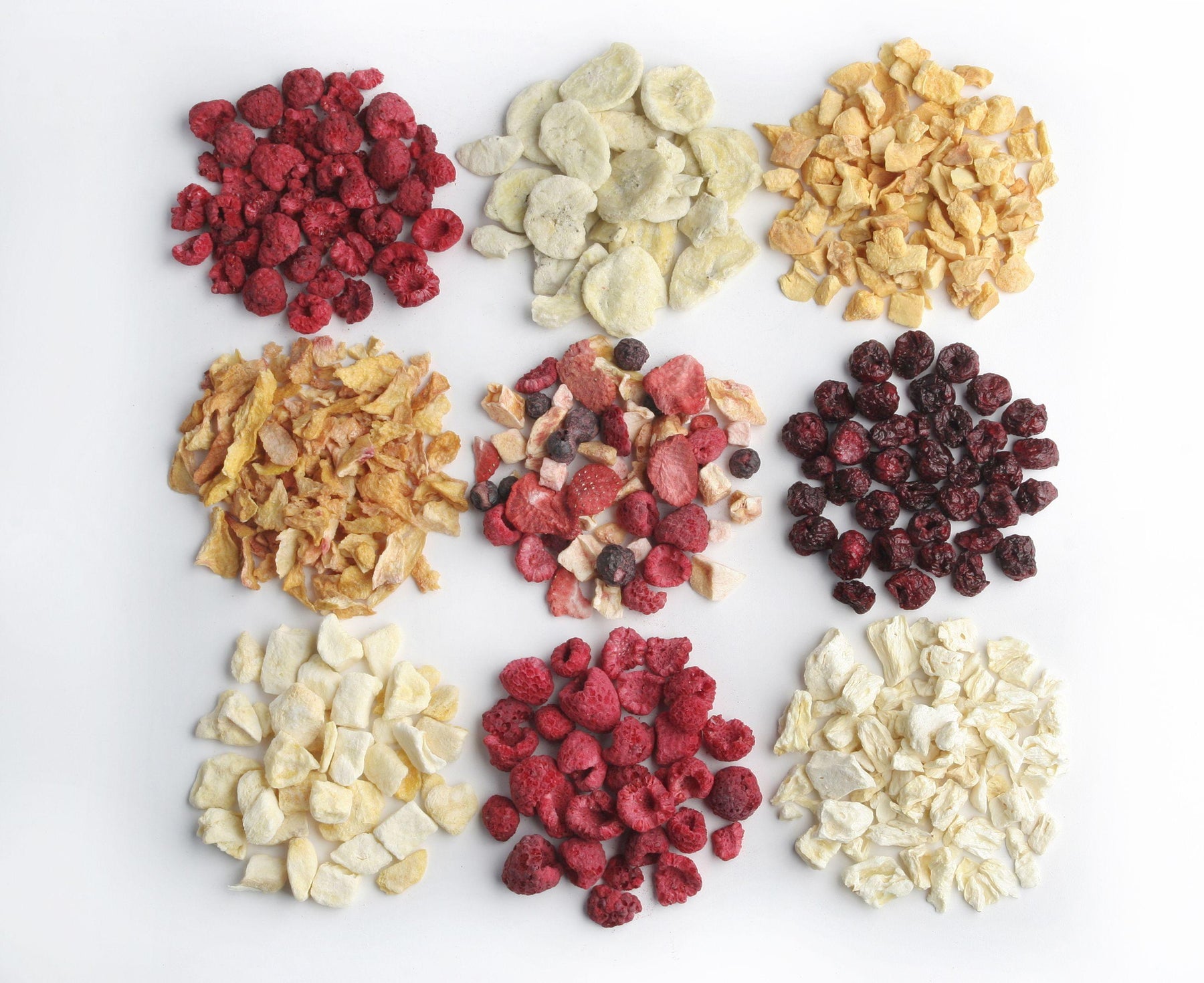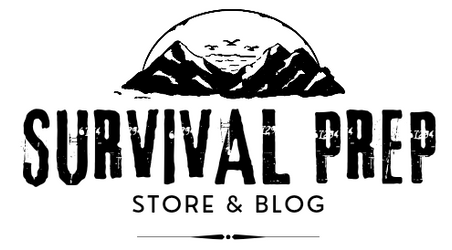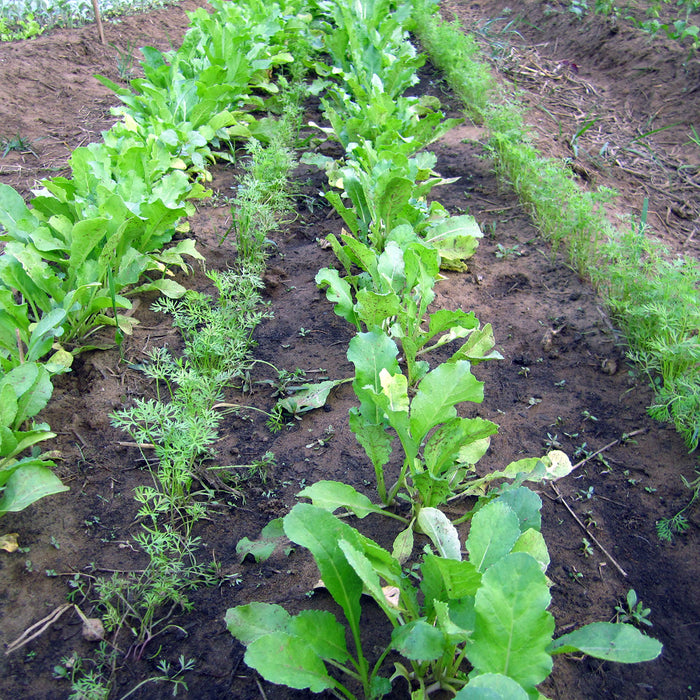

The Truth About Freeze-Dried Food: Health, Benefits, and How Long It Can Be Stored
The Truth About Freeze-Dried Food: Health, Benefits, and How Long It Can Be Stored
If you're like most people, you're probably interested in freeze-dried food because of its health benefits. But what are they, exactly? And how long can freeze-dried food be stored for? In this blog post, we'll answer all those questions and more! We'll discuss what freeze-dried food is, the health benefits it offers, and how long it can be kept fresh. So if you're curious about freeze-dried food, read on!
How are freeze-dried foods made?
Freeze-dried food is made by removing all the water from fresh food. This process preserves the food and makes it lighter and easier to store. freeze-dried food has a long shelf life and does not require refrigeration.

There are many health benefits associated with freeze-dried food. For one, freeze-dried food is highly nutritious. When the water is removed from fresh food, all the vitamins, minerals, and antioxidants are concentrated. This means that freeze-dried food is an excellent source of nutrients. Additionally, freeze-dried food is easy to digest because it has no added fillers or preservatives.
Freeze-dried food can be stored for long periods of time without losing its nutritional value. In fact, freeze-dried food can last for years when stored properly. So if you're looking for a healthy, nutritious food that can be stored for a long time, freeze-dried food is a great option!
Where should you store freeze-dried food?
The best place to store freeze-dried food is in a cool, dark, and dry place. A pantry or cupboard is ideal. You can also store it in the refrigerator or freezer, but be sure to follow the manufacturer's instructions for storage.
What is freeze-dried food used for?
Freeze-dried food is often used for camping, hiking, and other outdoor activities. freeze-dried food is easy to pack and does not require refrigeration. Additionally, freeze-dried food can be reconstituted with water, so it's perfect for those times when you don't have access to fresh food.
What is the healthiest freeze-dried food?
The healthiest freeze-dried food is the kind that is closest to its fresh form. So, for example, freeze-dried fruits and vegetables are healthier than freeze-dried meat. That's because freeze-drying preserves the nutrients in fresh food, while cooking or processing can destroy some of those nutrients. However, all freeze-dried food is healthy and nutritious, so you can't go wrong no matter what type of freeze-dried food you choose.
What are the best freeze-dried foods for backpacking?
The best freeze-dried foods for backpacking are the ones that are lightweight and easy to pack. Some good options include freeze-dried fruits, vegetables, and meats. Additionally, it's a good idea to bring along some freeze-dried soup or chili mix, which can be reconstituted with water on the trail.
What is the best freeze-dried food company?
The Survival Prep Store freeze-dried food company offers the highest quality freeze-dried foods available. Our products are all-natural and GMO-free, and we offer a variety of freeze-dried options, including fruits, vegetables, meats, and soups. We even offer gluten-free, vegetarian, and vegan options! So if you're looking for healthy, delicious freeze-dried food for sale, The Survival Prep Store is a perfect choice!
So there you have it – everything you need to know about freeze-dried food!
So now that you know all about freeze-dried food, it's time to give it a try! With its many health benefits and long shelf life, freeze-dried food makes a great addition to any diet. So why not give it a try? You may be surprised at just how good freeze-dried food tastes!
Recommended Posts
- How to Build a Bug Out Bag for Kids: Tips and Tricks
- 10 Survival Skills Every Kid Should Know
- Food prices are about to skyrocket even more; Prepare for a 'famine,' followed by housing crash, then equities wipeout - Michael Gayed
- South Threatened by Severe Weather After Texas Tornado Disaster: How to Prepare.
- The Ultimate Guide to Radiation Water Filters: How They Work



